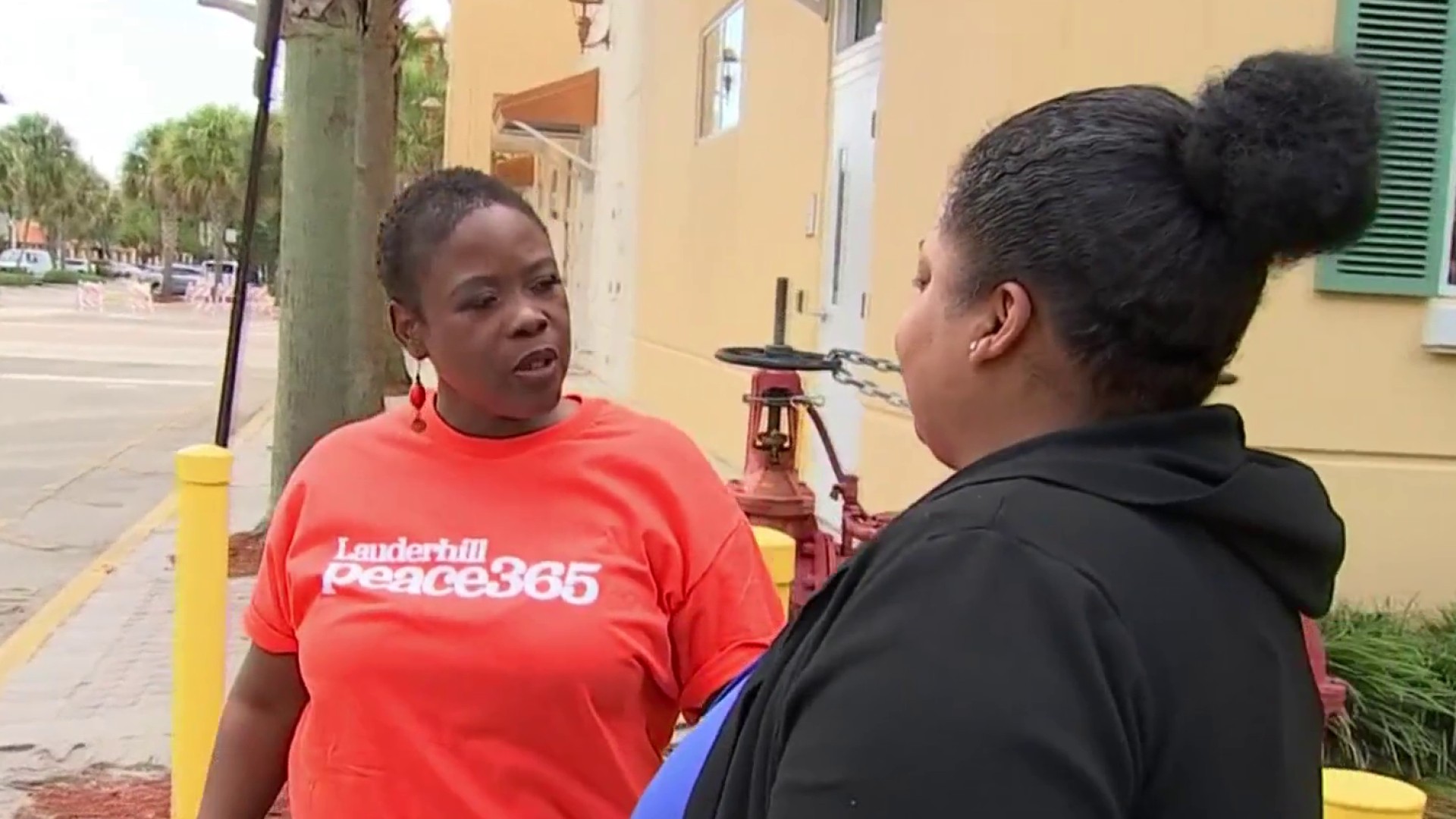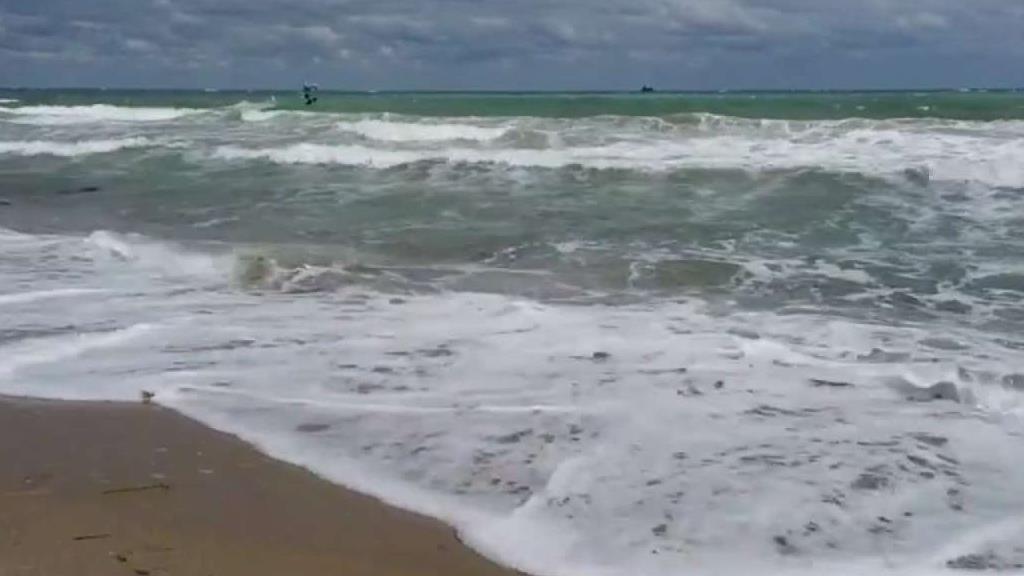“I’m motivated a lot by my kids, and worry what kind of planet we’re handing over to them.”
For Catherine Uden, there’s a lot to worry about. Millions upon millions of tons of it.
The former Broward County public school teacher and avid paddle boarder is now an advocate for OCEANA, and she is trying to bring local awareness to the global campaign 'Break Free From Plastic.'
“17.6 billion pounds of plastic leaks into the marine environment from land-based sources every year,” Uden said. “That’s roughly equivalent to dumping a garbage truck of plastic into the ocean every minute.”
Because of our reliance, that staggering amount of yearly plastic waste in our oceans is expected to triple by 2040. That would join an estimated 150 million tons of it already polluting the water.
“The Break Free From Plastic campaign is trying to reduce plastic production, but tackling it at the source. We are focusing on corporate responsibility, producer responsibility and asking for action from our government," Uden said.
The federal push centers around H.R. 5845, The Break Free From Plastic Pollution Act, introduced and sponsored in both the House of Representatives and U.S. Senate.
Local
The bill would ban plastic retail bags, beef up recycling and composting, temporarily halt new plastic production facilities and require plastic products to have an increased amount of recycled content.
It would also end the shipping of our plastic waste overseas.
“A lot of countries like China, Malaysia, they were taking these plastics and unfortunately a lot of the plastics were either contaminated or they were not worth anything to them, so they were, dumping them or incinerating," Udon explained.
"It wasn’t helping. We were shipping them all over there to take care of and they couldn’t take care of it all.” Recycling just hasn’t been able to keep up, including here in South Florida.
“9% of plastic gets recycled and about 2% is recycled into something of equal or greater value,” Uden said. “Usually it’s only down-cycled. I know in Broward, we’re not doing well at all. So we end up burying a lot of it in the landfill." And it’s not just a Broward thing, Udon says. It’s a global issue.
“There’s no way to recycle and take care of all the plastic that we’re putting out there in the world,” Uden said. “We really need to think about just curbing it from the source instead of trying to figure out what we’re going to do with it after we produce it all.”
According to the latest Pew report, if left unchecked, global plastic production is projected to increase by 40% over the next 10 years. “The number 1 pollutant in the ocean is plastics,” said Jack Fishman, a dive instructor and Community Conservation Officer for Project AWARE.
“The best steps that we can take to solve this problem is to stop the flow of plastic into the ocean in the first place. That way, over time, the ocean can recover.”
Fishman is also concerned about what happens to the plastic already choking our seas: they degrade over time.
“What was initially a plastic water bottle or many other types of plastics ends up being what’s called microplastics, in many, many smaller pieces distributed all throughout the ocean.”
The production of plastic also worsens global climate change. “It’s all this cheap natural gas from fracking that we’re using to create all of these plastics,” Uden said. “It creates greenhouse gases.”
The COVID-19 pandemic has made it even worse. Plummeting oil prices have made plastic even cheaper to produce, and the demand for single-use plastics has increased as more people order take-out, use cleaning supplies and litter personal protective equipment.
The Break Free From Plastic Pollution Act is a big victory the ocean conservationist coalition hopes to achieve, but smaller victories like straw bans and plastic bag bans are encouraging too.
“I’ve seen hay straws. I’ve seen pasta straws. I’ve seen straws made out of avocado pits. So, innovation can happen," Uden said. "We just need to do it.”
Innovation will help, but it will need to be matched by considerable will to make an impact. “It’s going to take a very long time to significantly solve that problem, but there’s a lot we can do to make initiatives to help,” Fishman said.
The coalition just completed one of its initiatives, Plastic Free July, where consumers were asked to refuse single-use plastics for a month worldwide.
Uden is also hoping a sweeping documentary helps with the messaging. OCEANA and other conservation groups are hosting community screenings of “The Story of Plastic", which was released late last year, that chronicles the global scope of the problem and the efforts to address it.
“I think of our future generations,” Uden said. “I’m a mom, and they’re going to look at us like, ‘why didn’t you do something about this when you realized it was becoming such a problem?’”



